New evidence of the great importance of skill in poker has revived the debate held for several years by legal authorities, scholars and poker experts. The efforts of the poker industry to claim legitimacy of the game has had historically importance that has paved the road for its current popularity as well as for its future settlement as a skill game.
The following is a chronological compilation of the progress made by several representatives of the poker industry and their success at defending their love and passion for the game.
1986
Professional player Billy Baxter was taken to court by the IRS claiming he was withholding taxes of his poker winnings. The IRS presented to the court two possible ways of taxing Baxter. Considering his poker profession an activity based on time, energy and skill, it would be defined as “trade or business,” his poker winnings would be considered earned income and it would be taxed at a maximum rate of 50% for “personal service income.” However, if the court ruled that his winnings emerged from a game of chance instead of a career based on skill, then he would be taxed 70%. The judge ruled in favor of Baxter, saying he considered the IRS allegations as ridiculous, and challenging the officials to play poker with the defendant. The court found Baxter’s poker winnings as derived completely from his personal services, using his same winning capital as a tool to finance his poker profession, which has multiplied only due to his skills at poker, not due to a professional service or business operation. After this case’s ruling, Russia and Denmark have also officially declared poker as a game of skill.
1989
In a court case where the operational fate of California’s card rooms was in peril, the judge ruled in favor of the poker industry by saying poker was a game of skill, therefore allowing local gaming venues to remain in business.
2004
Duplicate Poker Inc. launched its duplicate poker variation as a game of skill, which eliminates the gambling law persecution that has been haunting the poker industry during the last 3 years. Therefore, their clever marketing strategy has allowed even players located in the U.S to make credit card transactions directly into their accounts and play at large without any worries.
2006
* The U.S. Department of Labour recognized professional poker playing as an official occupation.
* Economist Steven Levitt, co-author of the best-selling book Freakonomics, launched a project called Pokernomics, which will analyze the factors that make some players better than others. He and his team decided to conduct the study by encouraging players to submit their poker hand stories to their website, aiming at analyzing more than a million hands overall. Levitt requested a minimum of 10,000 hands per player in order to identify their style patterns. He is still conducting the study without any aid from the poker industry.
2007
* A group called the Poker Player Alliance, formed by top poker players and scholars, held an exploratory conference at the Harvard Faculty Club, to which many faculty members attended, including law professor Charles Nesson, who officiated the meeting and hopes, as he said, to someday “legitimate poker.”
* Statician Jay Kadane from the Carnegie Mellon University in Pittsburgh stated he believed statistics can be used to determine what makes some poker players better than others. Kadane started looking for sponsors to fund the statistical project, which will feature huge hand databases to prove the percentage of skill needed in poker versus the percentage of luck.
* Greensburg defense attorney Lawrence Burns is defending the legality of his poker tournaments in the Westmoreland County area for some months. Local police had busted one of his tournaments, confiscating personal property related to poker during the raid. Burns claims he violated no state law because face-to-face poker tournaments are not illegal in Pennsylvania and because poker relies on skill, not chance. Police is arguing that Burns did violate the state gambling law that prohibits “any person to collect and assemble for the purpose of unlawful gambling at any place under his control.” However, the court would have to analyze the case and determine if the tournament was a friendly poker game, (which is not a crime, if it is based on skill), and if the fact that there money was exchanged for a place in the game does violate state regulations.
* A contest named “First Man-Machine Poker Championship” offered a $50,000 prize, and the chosen human contestants were Phil Laak and Ali Eslami. They were supposed to play against a program called Polaris, created by a team of researchers of Artificial Intelligence of the University of Alberta. Even though the poker masters were beat during the first and second rounds, they ended defeating the program during the third round, even thought the research team increased the level of difficulty of the program by introducing adaptability and learning traits to change strategy. Even though they ended victorious both players agreed that the program challenged them more than human contenders usually do.
* Florida Rep. Robert Wexler sponsored The Skill Game Protection Act, which will separate games which rely predominantly on skill – poker, backgammon, bridge, chess and mahjong – from games of chance, and protect them from federal restrictions against playing online. It will also prohibit minors from playing for real money online. This would consequently require casinos to report winners and winnings to the IRS, starting next year.
2008
Two Psychology Ph.D. students at Case Western University in Cleveland conducted two studies with 41 college students as subjects. The students were divided into two groups: one receiving poker strategy instructions and the other group only receiving some background on the history of poker. The first study consisted of playing 200 hands of Turbo Texas Hold’em, a computerized simulation of 10-player poker tables. The second study had the same procedure as the first one, providing more strategy instructions to the previously instructed group and more poker history to the other group; the only difference was that in this study the subjects played 720 poker hands. Overall results showed the group that received tips for improving skill had remarkably better results than the uninstructed group.
Hopefully, the pending outcome for some of these projects and efforts will favor poker’s legitimacy as a game of skill. On that day, the gaming industry will finally stop worrying about the regulatory persecution that distracts talented players from fully enjoying their job and potential poker stars from achieving their dreams.
Next: The Game of Skill, Part II: 8 Compelling Arguments
By M.J. Morgan
This article was published courtesy of BonusWhores.com.
Bonus Whores (www.bonuswhores.com) is the best site to find the most current and comprehensive online poker bonus information on the internet, as well as Game Quality Grid and site reviews. It is available in Swedish, English, Spanish, Portuguese and French.

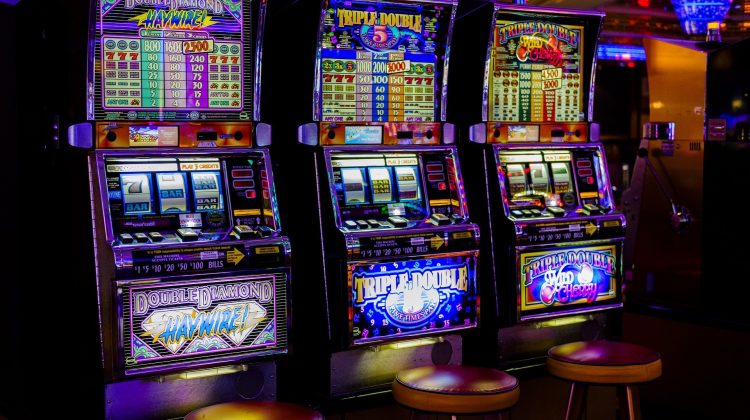

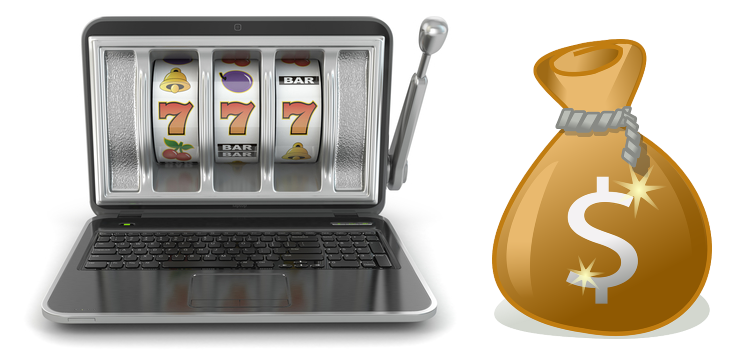
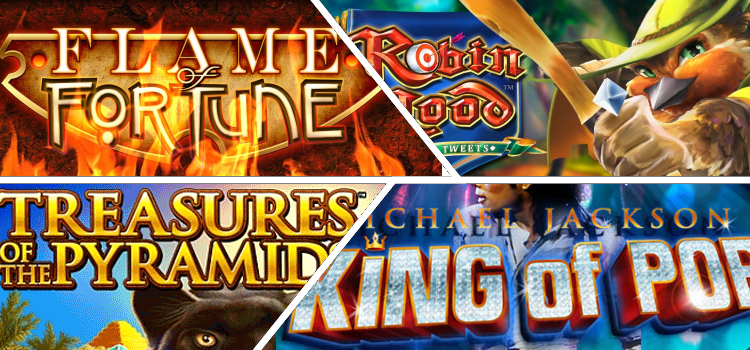
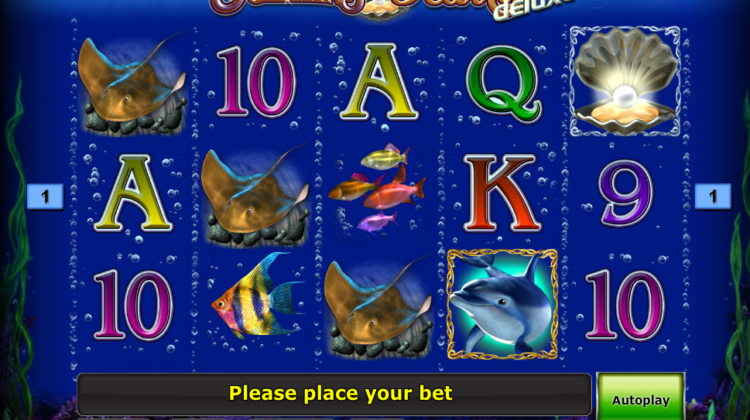
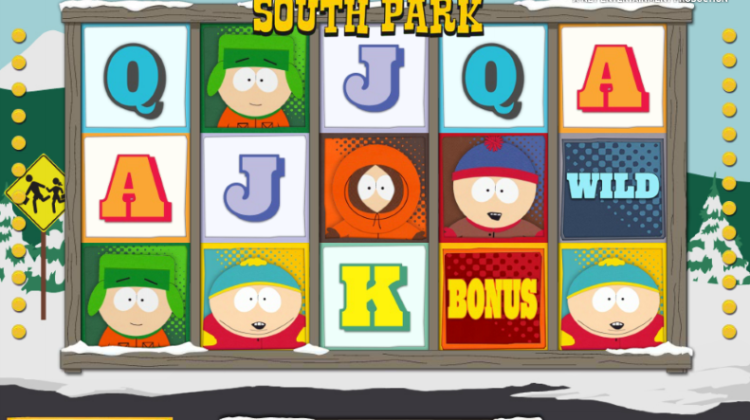

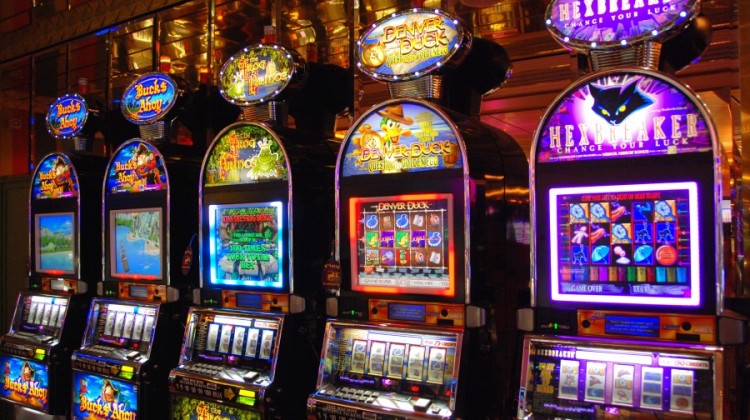
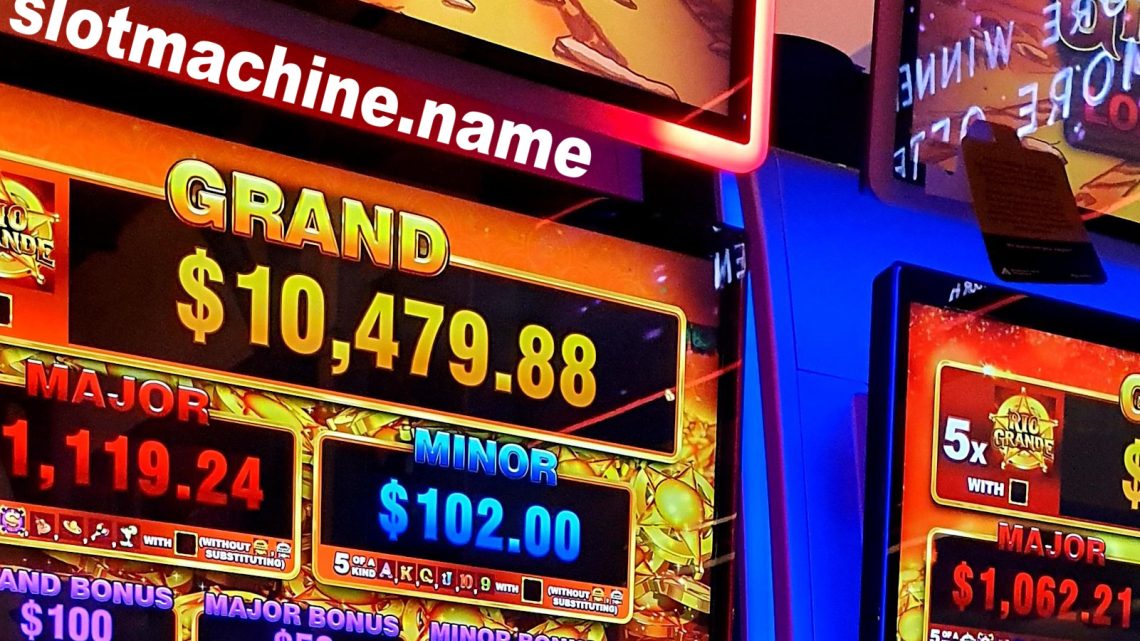
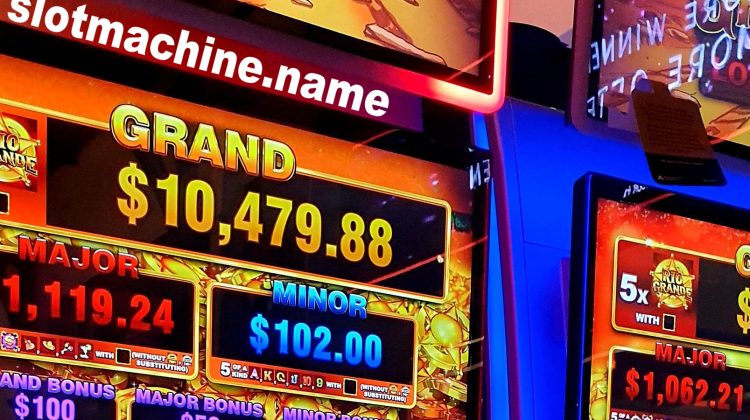
No Comment